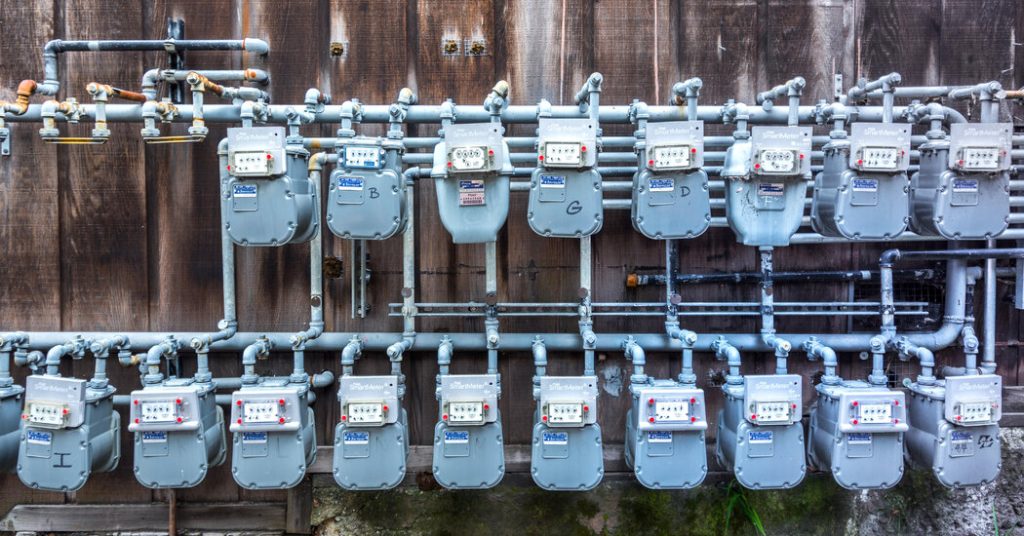The city of Berkeley, Calif. has agreed to repeal a landmark climate rule that would have banned natural gas hookups in new homes, following a court challenge by the California Restaurant Association. The decision is throwing into question the fate of similar restrictions on gas in cities across the country. Berkeley’s gas ban, the first of its kind when it passed in 2019, was struck down last year by the Ninth Circuit Appeals Court. The city has settled the lawsuit by agreeing to halt enforcement of the rule and eventually repeal it altogether, while continuing to be a leader in climate action.
The repealing of Berkeley’s gas ban could have widespread ripple effects, as over 140 cities and local governments have followed Berkeley’s lead in banning natural gas in new buildings to combat climate change. However, many of these efforts are facing resistance and legal challenges from the gas industry, restaurants, and homebuilders. While it is unclear whether other gas bans could be overturned, some city ordinances structured differently than Berkeley’s may survive legal scrutiny. Some California communities have dropped efforts to ban gas hookup outright and are now pursuing measures to shift away from natural gas through building efficiency standards.
Homes and buildings are responsible for about 13 percent of America’s emissions, largely from natural gas burned in furnaces, hot water heaters, and kitchen appliances. To reduce this pollution, states like California and New York have been encouraging homeowners and developers to switch to electric heat pumps and appliances. In 2019, Berkeley’s City Council approved a ban on extending natural gas infrastructure in most new buildings, sparking a wave of similar measures in California. A backlash from the gas industry and local utilities, worried about their profits, followed soon after, with some chefs and restaurant owners expressing concerns about cooking with electricity.
Since the Ninth Circuit’s ruling last year, no California cities have attempted to ban gas hookups, and Sacramento has stopped enforcing its gas ban. San Francisco has stated it will continue enforcing its local ordinance restricting new gas hookups, citing differences in its wording and the presence of more exemptions compared to Berkeley’s rule. Court challenges to bans on gas infrastructure, such as in New York City, are ongoing, with opposition coming from construction groups. The push to electrify homes has faced strong political opposition, with many states passing laws forbidding cities from restricting gas use.
Even if cities are unable to ban gas infrastructure, experts say there are other ways for local governments to encourage a shift away from fossil fuels. For example, Seattle and San Jose have adopted “fuel-neutral” standards that require new buildings to meet strict energy performance requirements, making it challenging to meet without electric appliances. In California, mayors from 25 cities have urged Gov. Gavin Newsom to set statewide building codes mandating new buildings to be fully electric. Despite the challenges, the push towards electrification to combat climate change continues to be a priority for many cities and states across the country.












